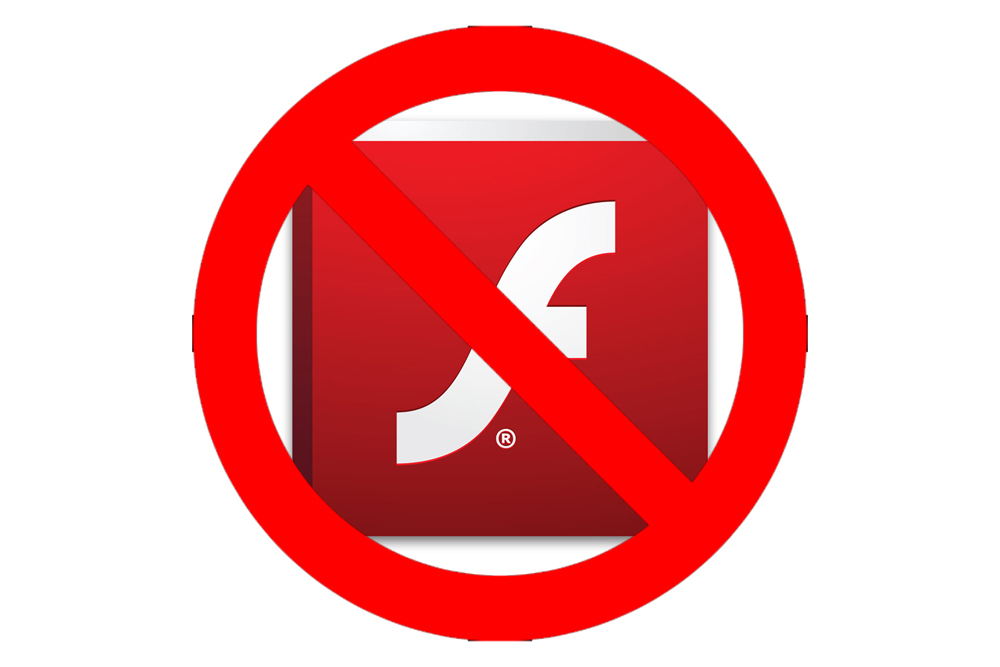Another emergency patch fixes 'critical' Flash player flaw
Adobe say the update will patch a significant vulnerability affecting Windows users

Adobe has warned its customers to update Flash player software immediately, following the discovery of a 'critical' flaw that has already been exploited by malware.
The emergency security update released yesterday aims to fix a single vulnerability designated 'CVE-2016-7855'. This use-after-free memory flaw allows hackers to gain full remote access to a system when the user views a harmful flash-media file.
"Adobe is aware of a report that an exploit exists in the wild, and is being used in limited, targeted attacks against users running Windows versions 7, 8.1 and 10," said Adobe in a blog post.
A security update has also been released as a precaution for macOS, Linux and ChromeOS operating systems.
Google Threat Analysis Group researchers Neel Mehta and Billy Leonard first spotted the flaw and reported it to Adobe, however an update could not be released before exploits had found their way onto user systems.
Adobe has recommended users update to the latest versions of Flash player, which will fix the flaw and prevent future attacks.
Desktop Flash software, as well as Flash players on Chrome, Microsoft Edge and Internet Explorer 11, using versions 23.0.0.185 and under, are vulnerable to the latest exploit.
Get the ITPro daily newsletter
Sign up today and you will receive a free copy of our Future Focus 2025 report - the leading guidance on AI, cybersecurity and other IT challenges as per 700+ senior executives
Linux users on 11.2.202.637 and under should also update to the latest security patch.
The latest patch follows a similar 'critical' security patch that dropped earlier this month, as Adobe worked to fix 12 significant vulnerabilities affecting use-after-free memory flaws.
These latest security concerns will likely further justify calls from the security community to abandon the Flash player in favour of a more reliable and secure HTML5 format. Many high profile companies, such as Apple, have blocked older unfsafe versions of flash, however some have abandoned the buggy plugin completely.
Following an announcement in May, Google Chrome will begin auto-defaulting to HTML5 format on all but 10 high-traffic websites, such as YouTube and Facebook, by the end of the year.
Browser provider Mozilla announced in July that it would begin slowly blocking Flash content entirely on its Firefox platform, replacing it with HTML by 2017.
Dale Walker is a contributor specializing in cybersecurity, data protection, and IT regulations. He was the former managing editor at ITPro, as well as its sibling sites CloudPro and ChannelPro. He spent a number of years reporting for ITPro from numerous domestic and international events, including IBM, Red Hat, Google, and has been a regular reporter for Microsoft's various yearly showcases, including Ignite.
-
 Should AI PCs be part of your next hardware refresh?
Should AI PCs be part of your next hardware refresh?AI PCs are fast becoming a business staple and a surefire way to future-proof your business
By Bobby Hellard Published
-
 Westcon-Comstor and Vectra AI launch brace of new channel initiatives
Westcon-Comstor and Vectra AI launch brace of new channel initiativesNews Westcon-Comstor and Vectra AI have announced the launch of two new channel growth initiatives focused on the managed security service provider (MSSP) space and AWS Marketplace.
By Daniel Todd Published
-
 Warning issued over “incomplete” fix for Adobe ColdFusion vulnerability
Warning issued over “incomplete” fix for Adobe ColdFusion vulnerabilityNews An incomplete fix for a vulnerability disclosure could be placing users at risk, researchers warned
By Ross Kelly Published
-
 Adobe forced to patch its own failed security update
Adobe forced to patch its own failed security updateNews Company issues new fix for e-commerce vulnerability after researchers bypass the original update
By Danny Bradbury Published
-
 Ask more from your CMS
Ask more from your CMSWhitepaper How to get the most value in the shortest timespan
By ITPro Published
-
 Adobe battles fake photos with editing tags
Adobe battles fake photos with editing tagsNews Photoshop will include new tagging tools later this year to help fight against misinformation and deep fakes
By Nicole Kobie Published
-
 Adobe Photoshop Elements 2019 review: Trapped in the photo-editing middle ground
Adobe Photoshop Elements 2019 review: Trapped in the photo-editing middle groundReviews A once peerless beginner’s photo-editing package that’s past its prime
By Barry Collins Published
-
 How Adobe saved BT £630,000
How Adobe saved BT £630,000Sponsored Adobe’s digital signature platform is saving time and money - and forging stronger connections between businesses and customers
By ITPro Published
-
 Don't settle when it comes to creativity
Don't settle when it comes to creativitySponsored Getting the best out of your creative design team means equipping them with the best software
By ITPro Published
-
 The benefits of a subscription service
The benefits of a subscription serviceSponsored Why software vendors are increasingly moving to a subscription model
By ITPro Published